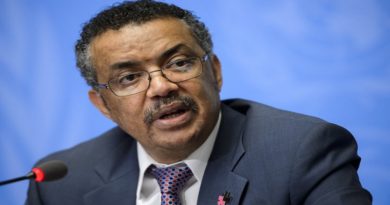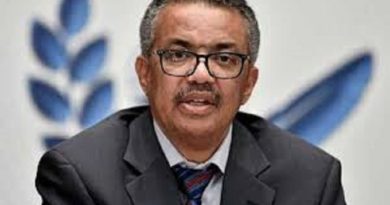How developing countries are leading on green finance
Developing countries such as Kenya, Bangladesh and Jordan are leading the world on green finance, which is essential to meet the world’s sustainable development aspirations, according to a new report from the Inquiry into the Design of a Sustainable Financial System.
Released to coincide with the High-Level Political Forum on Sustainable Development in New York, the report, Green Finance and Non-G20 Developing Countries, captures progress being made by 13 countries across Africa, Asia and Central America.
“Today, there are numerous examples of developing countries showing strong leadership on green finance,” said Erik Solheim, Executive Director of UN Environment. “This is extremely positive, as private capital will be a major contributor to delivering on the Sustainable Development Goals and climate commitments.”
In order to reach the US$5-7 trillion a year needed to implement the Sustainable Development Goals, the financial system must mobilize finance for specific sustainable development priorities and ensure sustainable development factors are included in financial decision-making.
The report shows how developing countries are leading the world in taking these steps, highlighting the lessons that can be drawn from their leadership in aligning financial market development with national priorities and sustainable development.
The countries surveyed, as part of their innovative approaches, are implementing new models inspired by developments in fintech (the use of technology to make financial services more efficient).
“Green finance is burgeoning; it has reached the point of spontaneous combustion,” Nuru Mugambi, Director of Communications for the Kenya Bankers Association. “But it needs to be aligned. It needs to go beyond the leadership of a few champions and be coordinated across regional trading blocks.”
Green Finance in Action
In Kenya, the rapid growth of mobile banking has become a platform to enable renewable energy. Several companies offer pay-as-you-go solar home systems that use mobile payments to unlock the use of the solar panel and battery system each day. This in turn enables customers to build up a credit history, which can be used to access additional loans.
In Bangladesh, the central bank has led a sustained initiative to ingrain inclusive and environmentally sustainable financing in the country’s financial sector, establishing mandatory environmental risk management and also offering a low-cost refinance window for green lending.
The Central Bank of Jordan has launched a national strategy on financial inclusion including SME finance, women’s access to financing and the protection of consumers of financial services.
Morocco’s Central Bank has committed to sustainable development as part of its formal strategy and is taking first steps in the field of green finance. It has held meetings with banks to explore regulatory and voluntary options towards developing a roadmap for finance reform for a green economy.
The Philippines is developing a public-private disaster insurance pool, and will make disaster insurance compulsory for homeowners and SMEs. This will provide families and small businesses with more rapid and reliable support for reconstruction and will support fiscal and financial stability in a country where natural events can result in losses of several points of GDP.
In Central America, the regional business school INCAE has developed an ECOBANKING programme to improve the Latin American financial sector’s competitiveness through better environmental management and by designing innovative financial products.
The State Bank of Vietnam and the Vietnam Bankers Association have been working to develop Environmental and social risk management guidelines for the banking sector. They have drawn on international best practices on environmental and social risk management, including through South-South knowledge with the China Banking Regulatory Commission and Industrial Bank.



